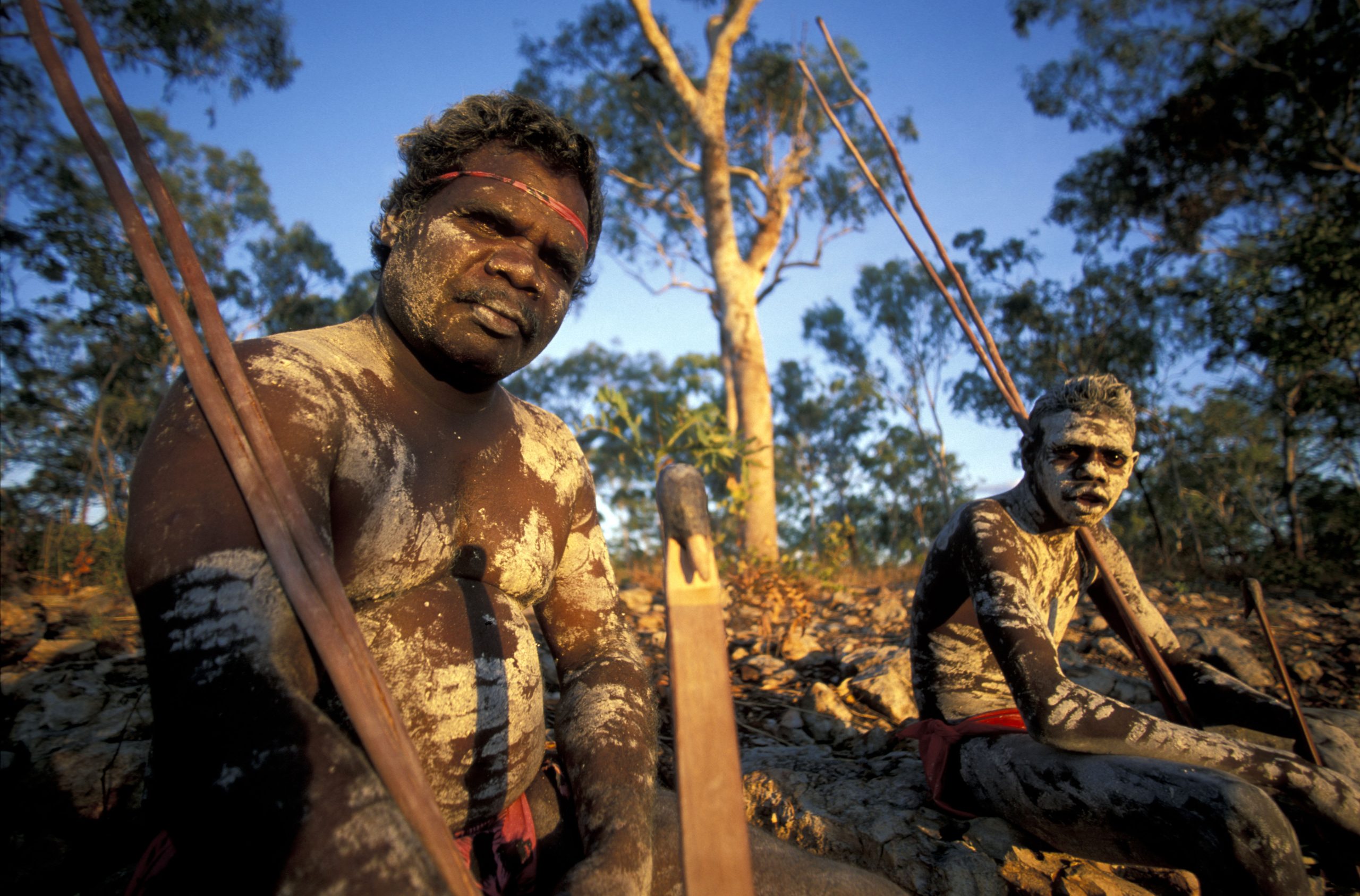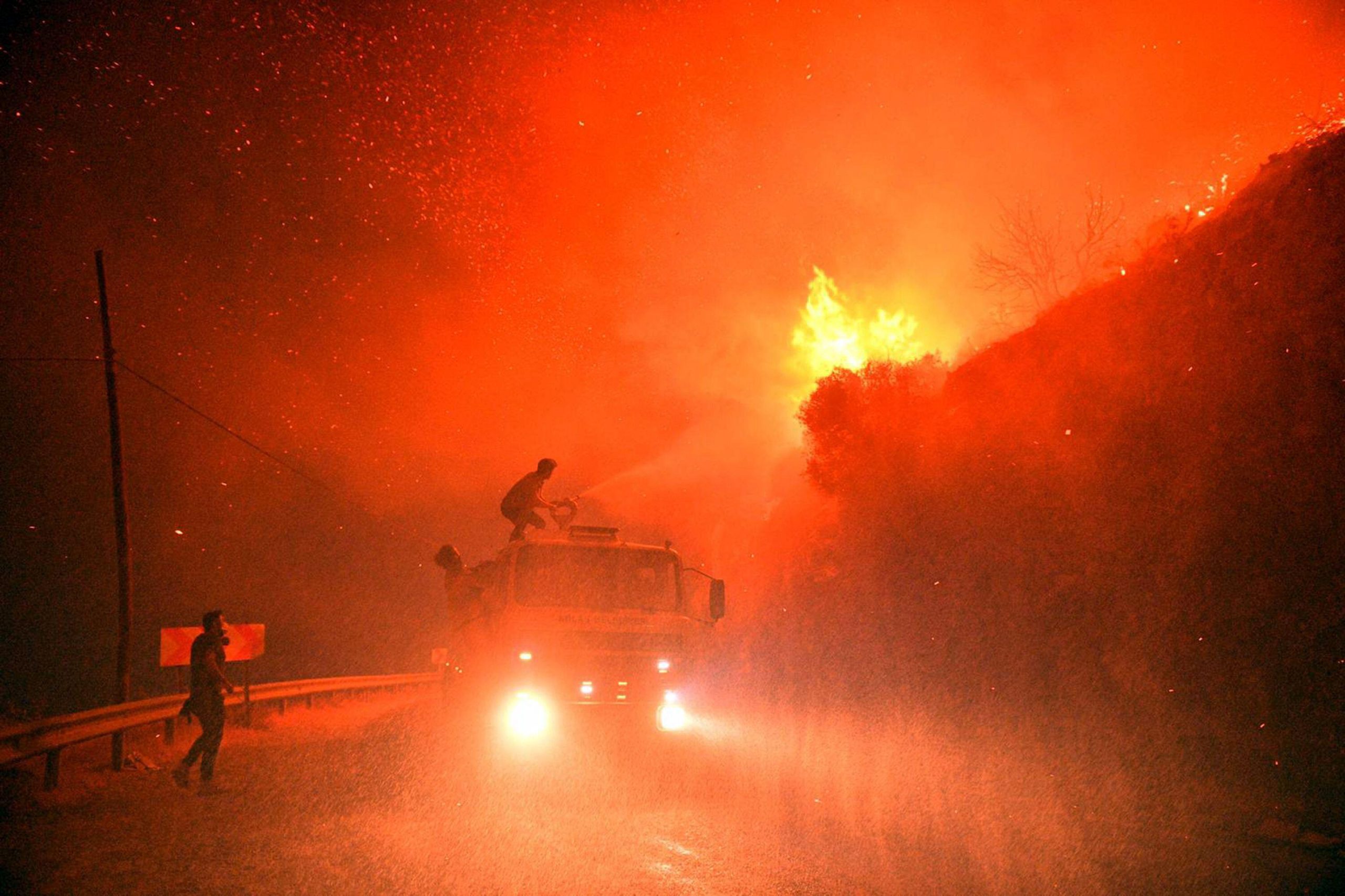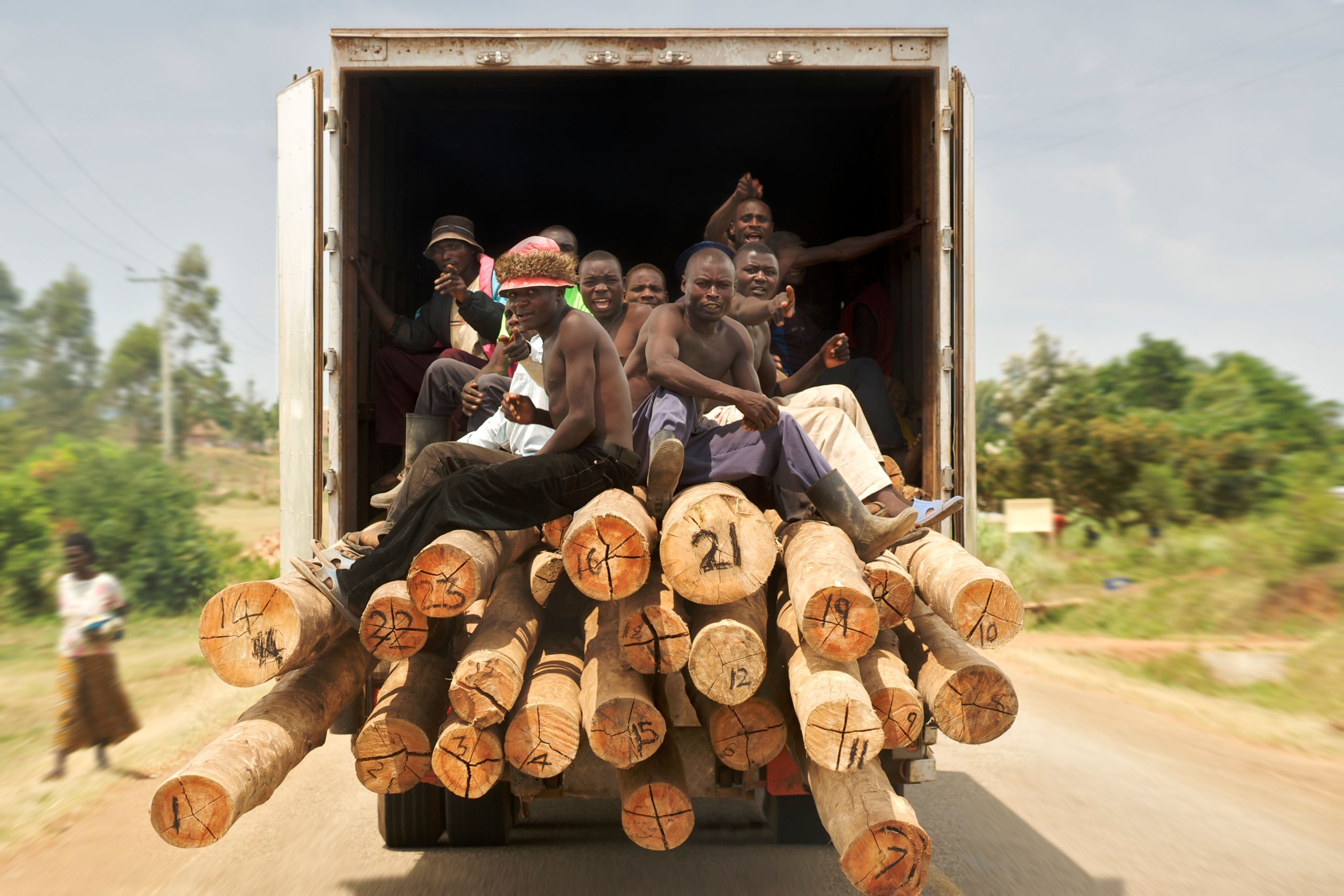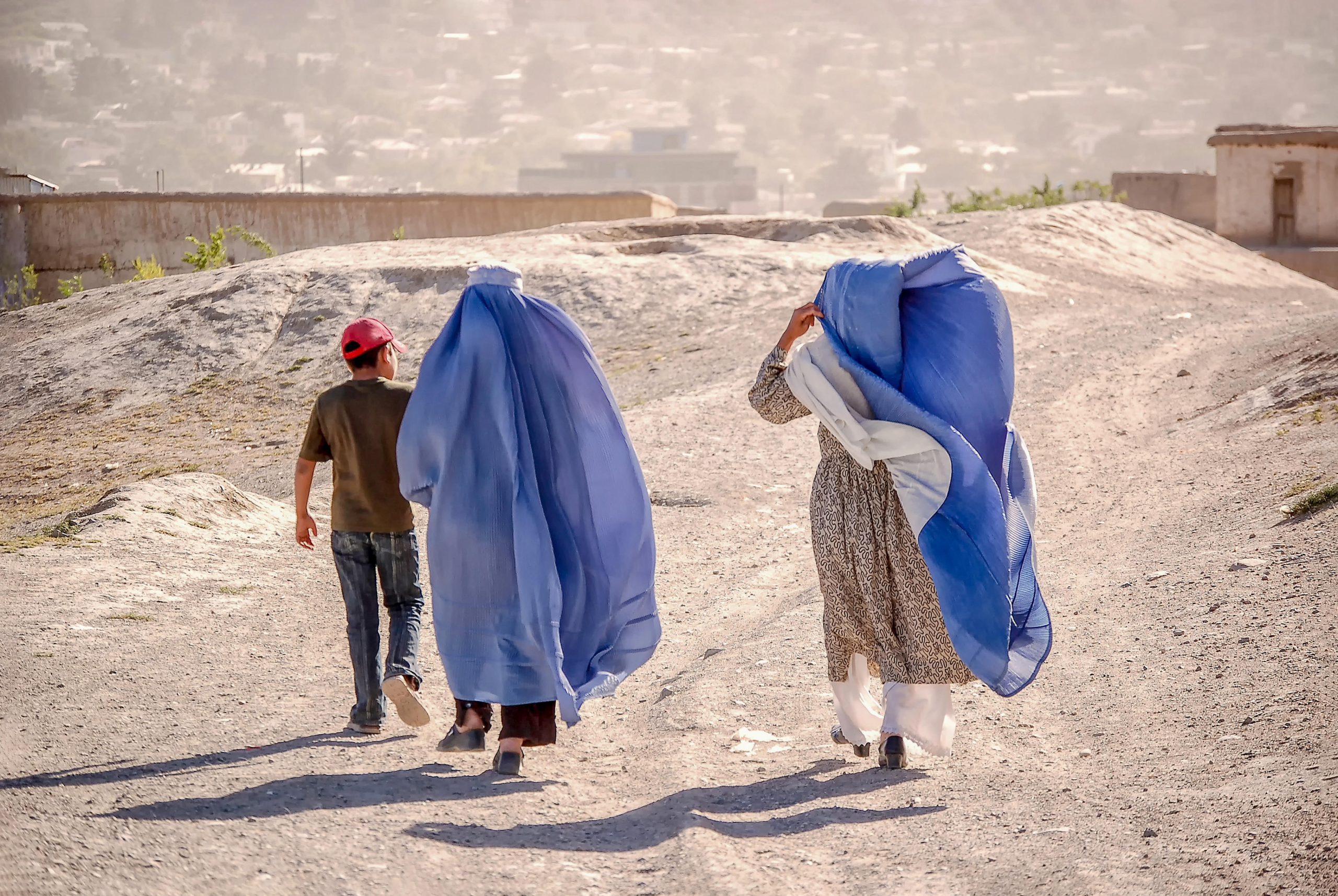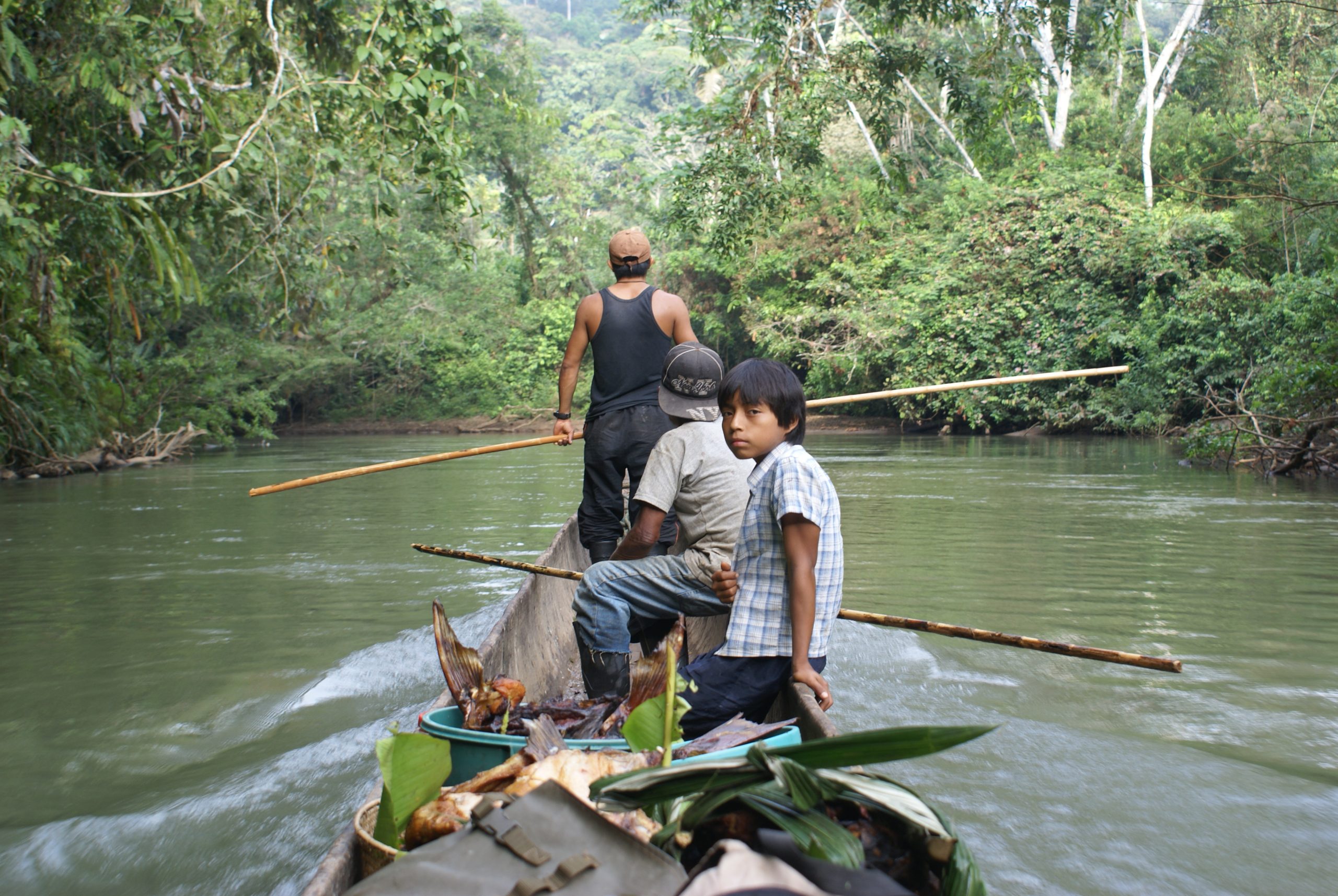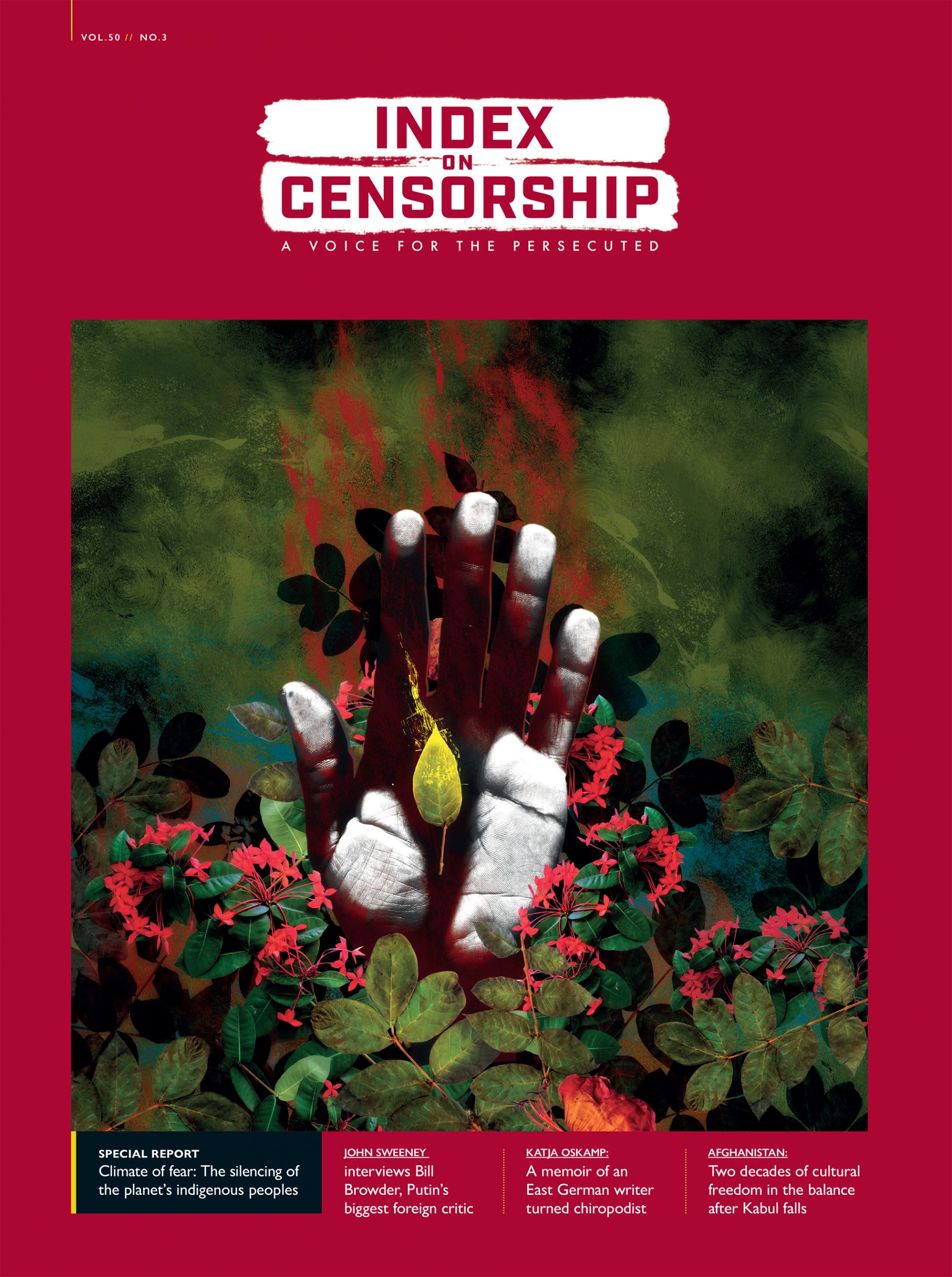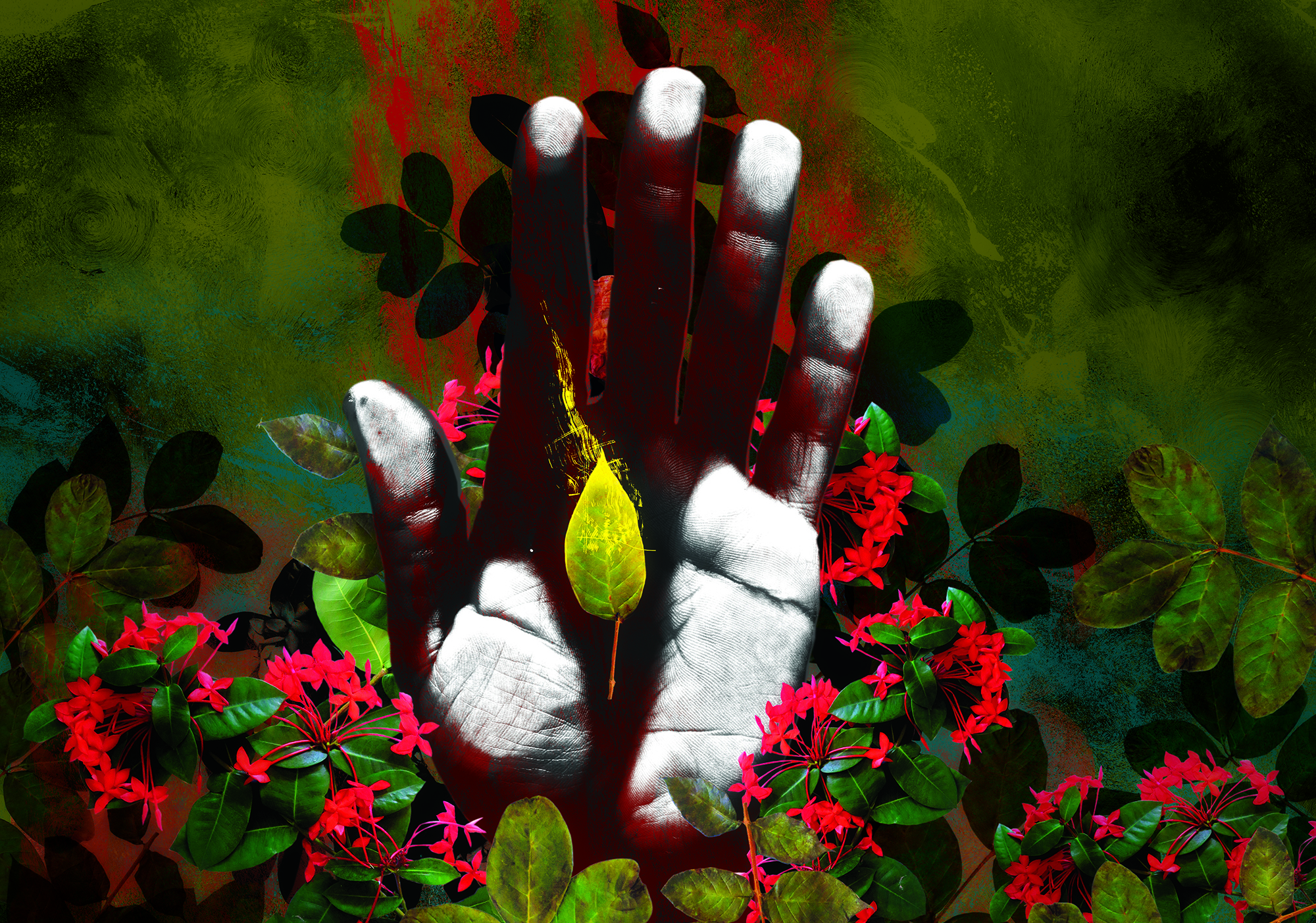First Nations voices are often ignored. Now Yvonne Weldon is hoping to change that as she bids to become the first Aboriginal Lord Mayor of Sydney
CATEGORY: Volume 50.03 Autumn 2021
It’s not easy being green
Environmental activism is alive and well in Turkey, despite the peddling of conspiracy theories and government efforts to discredit campaigners
The rape of Uganda
The nation’s natural resources are being plundered and it’s those doing the damage who are being protected
Suffering in silence: The poetry of Parwana Fayyaz
Three poems on the lives of women in Afghanistan
It’s in our nature to fight
Ecuador’s indigenous people are campaigning to safeguard their history and secure their future
Climate of fear: The silencing of the planet’s indigenous peoples
This is the aim of the Autumn issue of Index on Censorship, themed around the struggle for environmental justice with a particular focus on indigenous campaigners. In advance of the United Nations climate change conference (COP26), held in Glasgow in November, we have decided to concentrate the cases of people whose voices are too easily forgotten in this debate. Emily Brown interviews Yvonne Weldon, the first aboriginal candidate for Mayor of Sydney, who is fighting on an environmental platform. Meanwhile, Kaya Genç examines the conspiracy theories and threats swirling around green campaigners in Turkey. Issa Sikiti da Silva exposes the openly hostile conditions faced by environmental activists in Uganda and Beth Pitts talks to two indigenous activists in Ecuador on declining populations and how they are using modern campaigning methods to save their culture and fight the extraction companies. The issue also contains an exclusive piece on press freedom by Mikhail Khodorkovsky, the Russian businessman jailed for nine years when he fell foul of the Putin regime and an interview with a second Putin opponent, the US financier Bill Browder by celebrated British journalist John Sweeney. A critical role of this publication is to remind the world of conflicts and regime abuses that have faded from international attention. As courageous demonstrators continue to take to the streets in Belarus, the regime is systematically closing down organised opposition in the country, including all but the most loyal media organisations. This is why we are proud to publish letters from Lukashenka’s prisoners to remind people of the brave struggle for democracy. Index went to press as Kabul fell to the Taliban. It is therefore right that we pay tribute to the artists and writers in Afghanistan who have built a flourishing cultural legacy over the past two decades. We are proud to publish two poems by the award-winning British Afghan writer Parwana Fayyaz from her recent collection Forty Names. These include Her Name is Flower Sap, a remarkable poem about Sharbet Gula, the green-eyed girl who stared out from a 1995 edition of National Geographic magazine and became a symbol for her country’s suffering. This extract stands as an epigraph to this edition of Index: ‘Her eyes have the magic of good and bad.’ ‘The light of her eyes can destroy fighter jets.’ So went Afghan children’s conversation in the aftermath of 9/11. ‘But could she take down The Taliban jets,’ we wondered, as the jets crossed the skies in one song. But Flower Sap could never answer us. For she had disappeared like our childhood.
Contents – Climate of fear: The silencing of the planet’s indigenous peoples
[vc_row][vc_column][vc_column_text] The Autumn issue of Index magazine focuses on the struggle for environmental justice by indigenous campaigners....
Words under fire: When libraries become targets
When those in power want to control access to history and ideas, libraries are often the first to be targeted, reports Rachael Jolley

